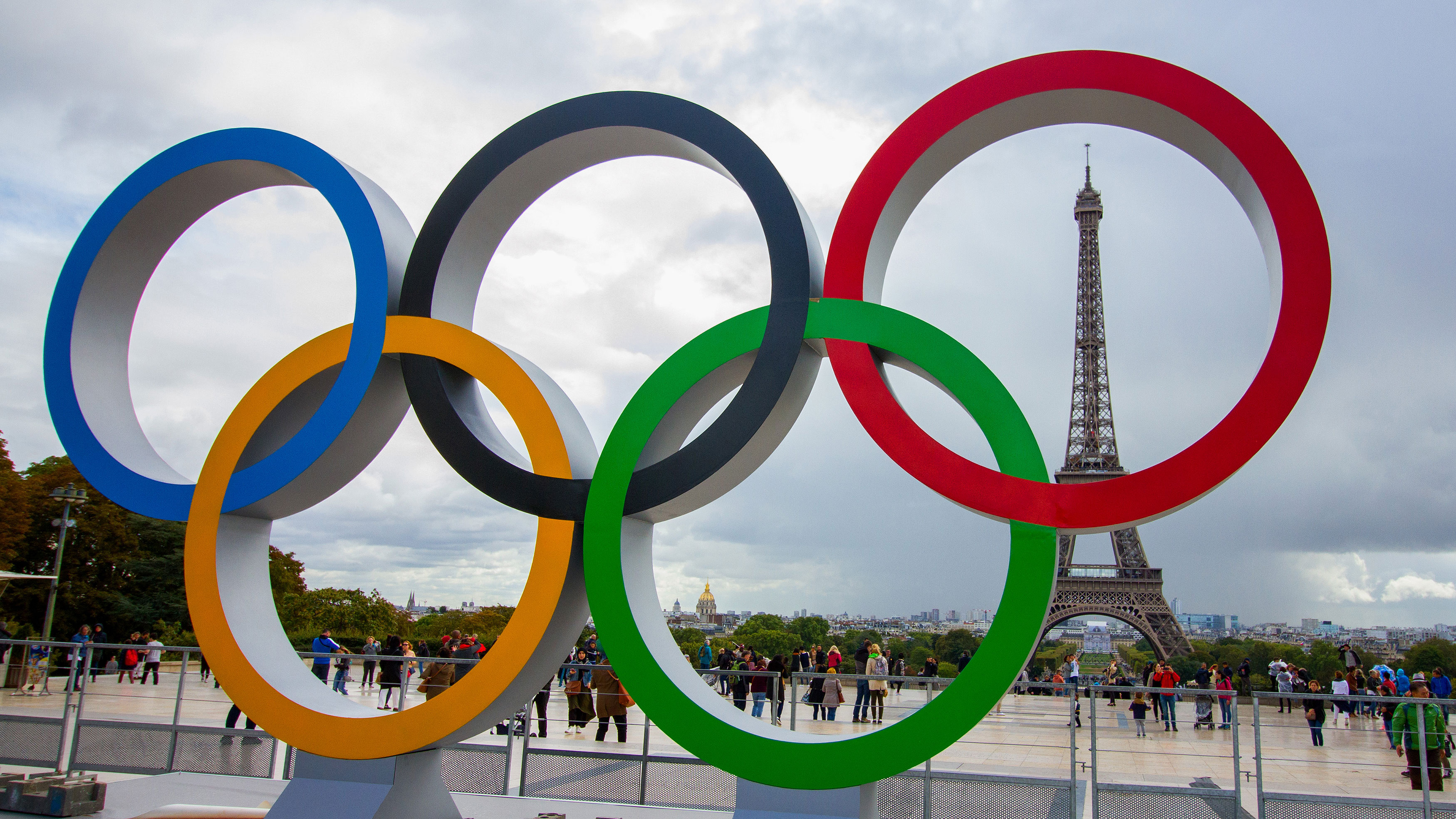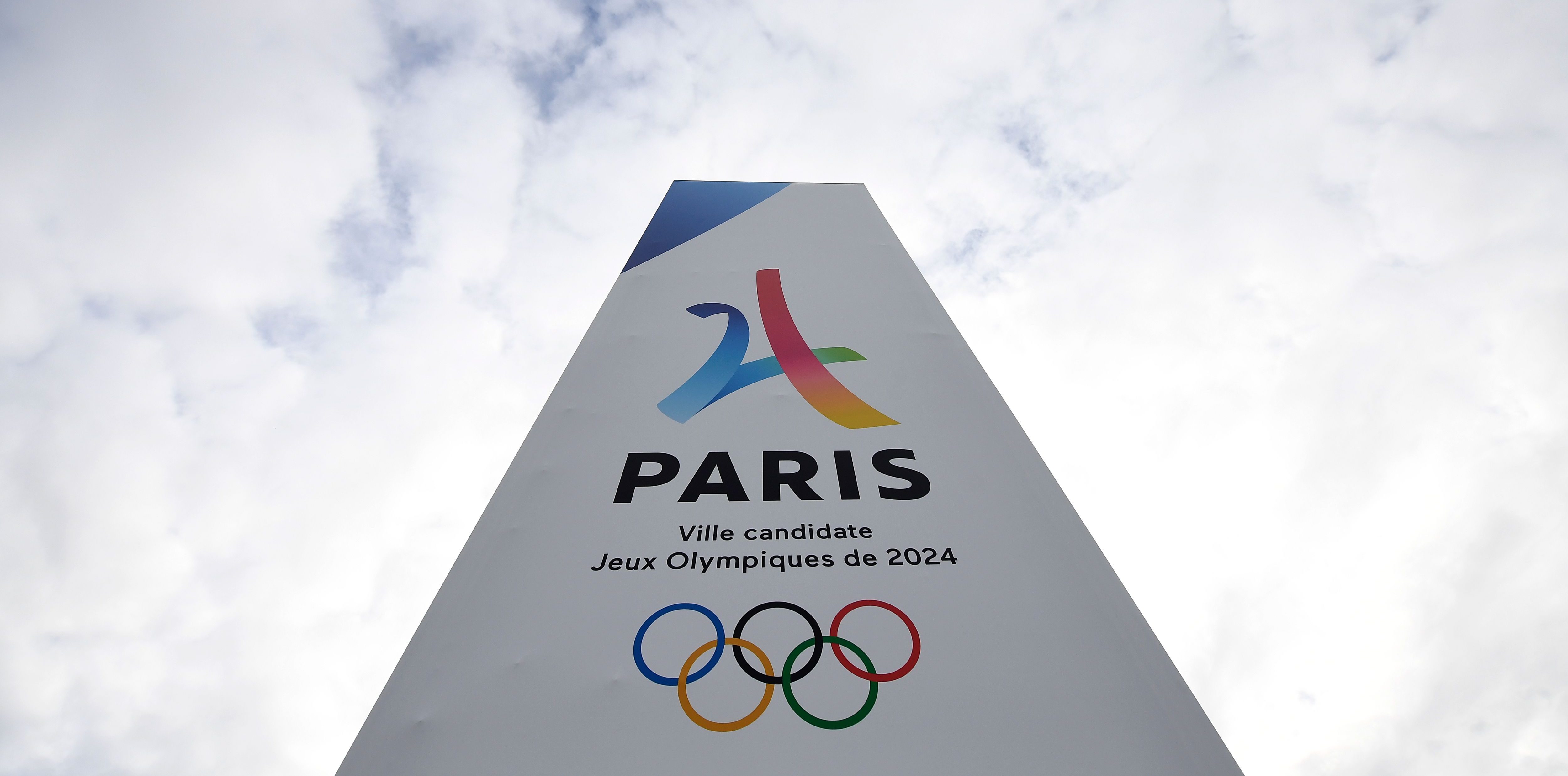The Olympics ooze tradition.
Events like the marathon embody that: There has been a marathon at each Olympics since the first modern Games in Athens in 1896.
The Paris Olympic Games are set to deliver another shake-up, however. After three sports debuted at the Tokyo Olympics, the sport of breaking makes its debut in Paris.
Here’s what you need to know about everything that’s new at this year’s Olympics — from new sports to new events and more.
Get top local stories in San Diego delivered to you every morning. >Sign up for NBC San Diego's News Headlines newsletter.
Breaking to debut at the 2024 Olympics
Breaking, commonly known as breakdancing, will be included at the Olympics for the first time in Paris.
Breaking is a style of dance that originated in the Bronx in the 1970s. Over the decades, it has evolved into a competitive sport, complete with international events, a robust judging system and world championships.
Breaking debuted at the 2018 Youth Olympic Games in Buenos Aires and was chosen for Paris 2024 as a new sport. It will not return for the 2028 Los Angeles Games, but breaking is set for its moment in Paris.
Sixteen men and 16 women (known as "B-Boys" and "B-Girls") will compete at the Olympics, with a round robin followed by quarterfinals, semifinals and medal battles. Each battle features a best-of-three one-on-one contest of approximately one minute. When one breaker finishes their round, their opponent instantly begins their routine in a battle format.
A panel of nine judges score the B-Boys and B-Girls on six criteria: creativity, personality, technique, variety, performativity and musicality. Performativity and creativity hold the most weight (60%), and the other categories account for the other 40%.
Breaking is unique in that the B-Girls and B-Boys don’t know the music ahead of time — they must improvise their moves to the beat.
In the men's event, U.S. star Victor Montalvo is considered the gold medal favorite. Fellow American Jeffrey Louis (B-Boy Jeffro) qualified for the Games and is considered a possible gold medal-winner, too. Other names to watch in Paris include Canada’s Philip Kim (B-Boy Phil Wizard), Japan’s Shigeyuki Nakarai (B-Boy Shigekix) and France’s Danis Civil (B-Boy Dany), who won the 2022 European title.
In the women’s competition, American Sunny Choi (B-Girl Sunny) became the first U.S. woman to qualify for the Olympic Games. Logan Edra (B-Girl Logistx) will join her in Paris and likely contend for a medal. Lithuania’s Dominika Banevic (B-Girl Nicka) won the 2023 world title and will be just 17 in Paris, but could win gold. France’s Say Dembele (B-Girl Syssy) and Japan’s Ayumi Fukushima (B-Girl Ayumi) will also challenge her.
Surfing's second Olympics, but not in Paris
Surfing made its Olympic debut in Tokyo, but it won’t come to Paris.
Instead, surfing at the 2024 Olympics will take place over 9,000 miles from the French Capital in Teahupo’o, located on the island of Tahiti in French Polynesia. The island is known for its beautiful but heavy and challenging waves.
Brazil’s Ítalo Ferreira won the men’s competition in Tokyo, while the women’s gold went to Carissa Moore of the U.S.
The 2024 slate will run from July 27 to July 30, with the medal events taking place on July 30 in the Southern Hemisphere.
Skateboarding returns for take two
Like surfing, skateboarding first graced the Olympic stage in Tokyo and returns for the Paris Games.
Japan dominated on home turf in Tokyo, winning three of four possible gold medals (Sakura Yosozumi, Yuto Horigome, Momiji Nishiya). Australia won one gold, thanks to Keegan Palmer.
The event schedule for the Paris Olympics mirrors that of Tokyo, with four events — men’s and women’s street and men’s and women’s park — taking place at Place de La Concorde.
Skateboarding’s street finals are on July 27 and 28, with park finals taking place on Aug. 6 and 7.
Sport climbing returns with a fresh format
Sport climbing’s first Olympic Games also came in Tokyo, with Spain’s Alberto Ginés López and Slovenia’s Janja Garnbret winning gold medals.
At the Paris Games, the number of athletes will climb from 40 to 68, and the competition has been split into two events. In Tokyo, only a single “combined” medal for each gender was handed out, but the Paris Games will feature a bouldering and lead combined event in addition to a speed event.
In the speed event, athletes will climb side-by-side up a 15-meter wall, racing for time.
The combined event favors technique over speed, and athletes earn points for various climbing moves.
In bouldering, athletes are presented with multiple walls and must reach the finish point of as many of them as possible within the time allotted. Points are deducted for unsuccessful attempts to reach a checkpoint or a finish point, but athletes can make as many attempts as possible before time runs out.
In lead, athletes try to reach the highest point possible on the climbing wall within six minutes. The further up they go, the more points they will earn, but they only receive one attempt.
The maximum score in each bouldering and lead is 100, for a combined possibility of 200 points.
The speed finals will take place on Aug. 7 and 8, while the bouldering and lead combined medals are awarded on Aug. 9 and 10.
3x3 basketball is back
While basketball has been played at the Olympics consistently since the 1936 Games, 3x3 basketball just made its first appearance in Tokyo.
At the Tokyo Games, Latvia won gold in the men’s competition, and the United States earned gold on the women’s side.
In Paris, both the men’s and women’s events are back, with respective finals on Aug. 5 at Place de La Concorde.
Jimmer Fredette headlines the U.S. men’s lineup, which will look to unseat Latvia, while Dearica Hamby headlines the U.S. women's squad.
Kayak cross debuts at the Paris Games
Under the canoe slalom umbrella, the event of kayak cross is set for its Olympic debut in Paris.
In kayak cross, four athletes race against each other from a ramp above the water. They traverse a course featuring up to six downstream gates and two upstream gates in a thrilling showdown.
This marks the first time at an Olympics that canoe slalom features an event in which athletes race against each other, not just the clock.
Joe Clarke and Kimberley Woods, both of Great Britain, are reigning world champions in kayak cross. Clarke has actually won three straight titles on the men's side.
Australia's Jessica Fox is also a strong contender in the women's field. She won the world titles in both 2021 and 2022 and is a strong favorite to earn a medal at the Olympics.
Other changes at the 2024 Olympics
Artistic Swimming: For the first time in Olympic history, men are included in the artistic swimming competition. Artistic swimming also now includes a team acrobatic routine round, which will debut in Paris.
Boxing: A new women’s weight class has been added, and a men’s class has been cut for Olympic boxing. There are now seven men’s weight categories, and six for the women.
Sailing: Two kite events have been added to the Olympic sailing schedule. In addition, a slew of changes have been made to the boats used, which now encompass two mixed boats plus four boats for each gender, equaling 10 total events.
Shooting: In shooting, the mixed skeet team event replaces mixed team trap event.
Track and Field: The marathon race walk mixed relay comes to the Olympics, replacing the men’s 50km race walk.
Also in track and field, a repechage round has been added for all races (including hurdles) between 200m and 1500m. Here’s how it works: Athletes who don’t qualify in the preliminary rounds will have a second chance to qualify for the semifinals by participating in repechage heats. This is colloquially known as the “lucky losers” format.
Volleyball: At previous Olympics, the men’s and women’s volleyball fields of 12 teams had been split into two pools of six, with each team playing five matches total in the pool phase. But at the Paris Games, teams will be separated into three pools of four, with each team playing only three matches total in the pool phase.
Weightlifting: The number of weight classes for weightlifting has been reduced from 14 to 10.





